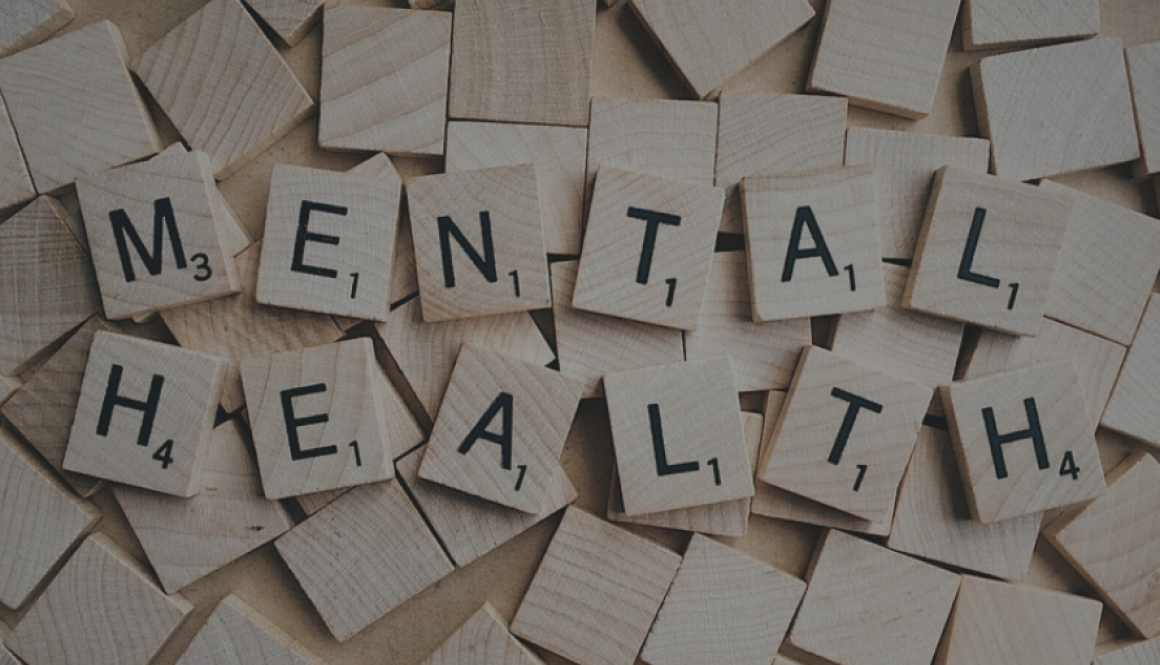
Stress can have devastating effects on both mental and physical well-being, including sleep issues, high blood pressure, and even heart disease. Stress identification and management are important. A great place to start is keeping a stress diary so you can track which situations cause anxiety for you and how you respond in those scenarios.
1. Exercise
Stress is an unavoidable part of life, but prolonged exposure can have serious health repercussions. By taking daily steps to enhance how you handle challenges and look after yourself, managing your stress levels may help prevent long-term issues from emerging.
Maintaining healthy sleep, exercising regularly, limiting unhealthy coping strategies like smoking and drinking, and spending quality time with loved ones are all effective means of relieving stress. Exercise in particular is especially helpful, as it lowers heart rate while helping relax both physical and mental tension—yoga or Pilates classes, brisk walks, or self-guided videos on YouTube are great examples.
2. Sleep
Sleep is essential to optimal overall health. It contributes to positive emotions and judgment, conserves energy use, and supports growth and repair processes. If stress is keeping you awake at night, try writing in a journal as an outlet for all of your thoughts before bed or when waking up during the night. Studies show this practice helps you relax more easily and leads to faster falling asleep times.
Other methods to help soothe the mind before bed may include listening to soothing music, practicing deep breathing techniques, or progressive muscle relaxation (tensing and relaxing various groups of muscles). Every person is different; therefore, it is wise to explore various techniques until finding one that suits you perfectly.
3. Take a Break
Recharging with some movement—be it walking, meditation, or doing mindfulness exercises—can help your body and mind cope with stress better. At least 20 minutes should be allotted for this activity, during which time it should include some form of restful activity, such as relaxation exercises like mindful walking.
Helton also suggests engaging in creative activities, such as drawing or playing music, when feeling blocked on an academic task. These types of activities require intrinsic motivation; you want to do them because you enjoy doing them. If self-help alone isn’t helping, consulting a mental health professional could teach techniques for controlling stressors and altering your reaction.
4. Eat Well
Everybody experiences stress occasionally; it’s an understandable response to changes or challenges, but too much of it can lead to health issues like anxiety and high blood pressure.
Attracting and managing stress requires identification and effective management strategies. Be mindful of physical signs like tight muscles and overtiredness as well as emotional signals like irritability and forgetfulness to help identify its sources, then focus on eating well, getting adequate rest, and exercising regularly; meditation or deep breathing techniques might be helpful as well to calm your mind down—don’t be shy about seeking assistance when necessary.
5. Spend Time with Family
Stress is an inevitable part of life, but long-term stress can have serious health repercussions. By developing healthy habits such as getting enough restful sleep, eating well, exercising regularly, and practicing meditation, we can better manage daily stresses to remain resilient in facing life’s challenges.
Spending time with family and friends can also play an essential role in maintaining our emotional well-being. Studies have demonstrated how sharing experiences with an intimate companion can significantly reduce both stress and anxiety levels. Choose ways to spend quality time with your loved ones, such as playing games or exploring new places together. Being among those you care for gives us motivation when life becomes challenging and can give us strength when times get difficult.
6. Talk About it
An empowered mind leads to clarity, superior problem-solving skills, and stronger relationships. Furthermore, meditation may reduce your risk for heart disease, obesity, and high blood pressure by helping keep the mind clear and at ease.
Stress was never meant to be an ongoing experience; rather, it should only manifest when threatened and then quickly return into rest-and-digest mode, like it did for the wild animal on the savanna. Venting may get a harsh rap, but it can be an invaluable way to release negative emotions and reduce stress. Scheduling regular sessions with trusted friends or clinicians may also be beneficial in this regard.
7. Take Care of Yourself
As much as we may understand the importance of taking care of ourselves, prioritizing ourselves can sometimes be challenging. Exercise, adequate rest, and eating healthy are proven ways to build resilience against stress.
Spending time on hobbies and interests is also an effective way to stay focused and find joy in daily life. If new sources of stress arise or your own efforts don’t seem to help you manage them effectively, counseling may be worth exploring as a solution. BetterHelp’s online therapy service allows you to be connected with a therapist within 48 hours—perfect if you are seeking immediate assistance for emotional needs or stress relief.
8. Talk to a Friend
Having support can significantly improve your ability to manage stress. Peer support is available online or in person at support groups; both options may help.
If you find yourself constantly stressed, seeking professional assistance could help. They may teach ways to change unhealthy behaviors and cope more effectively; keeping a stress diary may also prove beneficial for tracking patterns and looking at them over time. Cognitive Behavioral Therapy (CBT) may be one of the best ways to manage and overcome your relationship with stress.
9. Seek Help
Cultivating a calm mind is a journey. It requires time to establish routines, break unhealthy habits, and develop effective coping skills. Furthermore, having strategies on hand when anxiety or anger flares up is also invaluable.
An evening ritual, adequate restful sleep, regular physical activity, and eating healthily are all effective means of managing stress. But sometimes these methods alone may not be sufficient; when this occurs, it is wise to seek professional assistance, such as consulting your GP or referring yourself to mental health professionals. Voluntary organizations like CALM and Samaritans also provide invaluable services that could assist.



